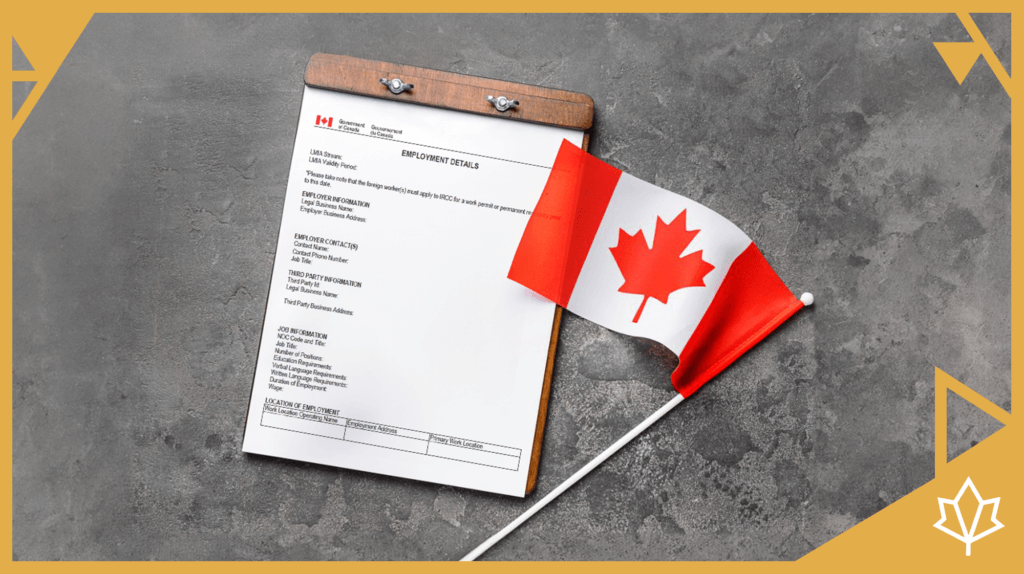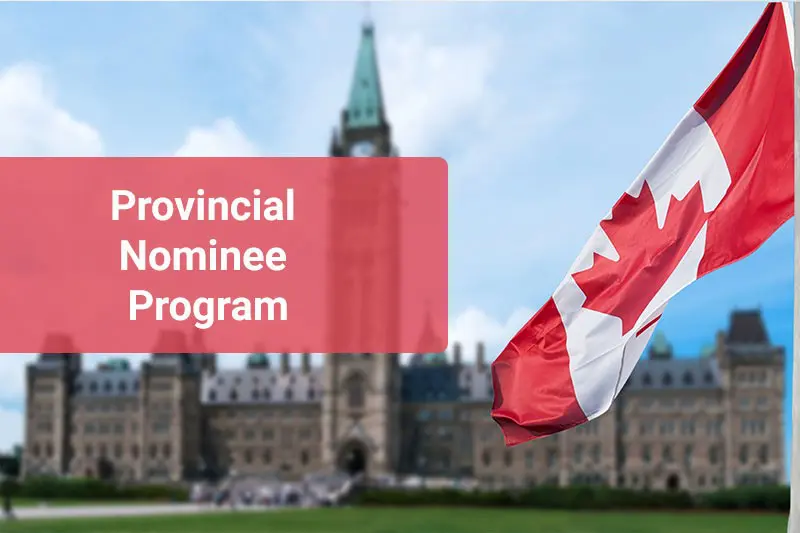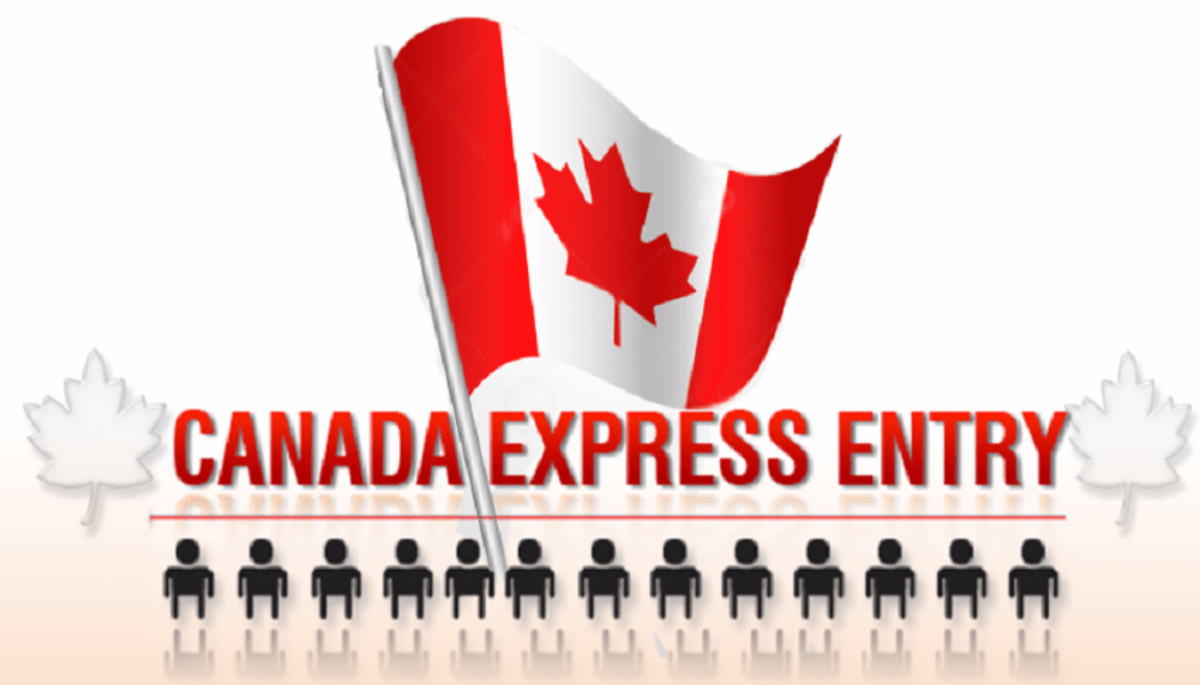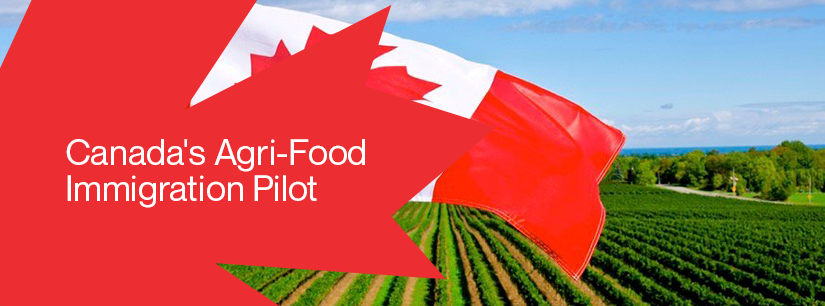
The Post-Graduation Work Permit (PGWP) program in Canada has long been a crucial pathway for international students to gain work experience in Canada after completing their studies. On September 18, Immigration, Refugees and Citizenship Canada (IRCC) announced major changes to the PGWP eligibility, which will take effect on November 1, 2024.
IRCC has now released a new, complete list of study programs that qualify for PGWP eligibility. These new requirements aim to simplify the application process and ensure that only students with specific qualifications can benefit from this work permit.
Unchanged policies
Despite the new regulations coming into effect, the core eligibility criteria for the PGWP program remain unchanged for many international students:
- Designated Learning Institution (DLI) requirement: Students must still complete their studies at a DLI that qualifies for PGWP eligibility.
- Full-time studies in Canada: Students must complete most of their program within Canada.
- Existing applications: If you apply for a PGWP before November 1, 2024, you only need to meet the current eligibility criteria and will not be affected by the new changes.
- Flight school graduates: If you graduate from a PGWP-eligible flight school, you will not be subject to the new standards, even if you apply for a work permit after November 1, 2024.
New eligibility requirements effective November 1, 2024
If you plan to apply for a PGWP after November 1, 2024, you must comply with the newly introduced eligibility requirements, which are categorized based on the time you submitted your study permit application and your education level.
1. For students who submitted a study permit application before November 1, 2024
- University undergraduate, master’s, or doctoral graduates:
- Language requirements: You must achieve a level 7 in the Canadian Language Benchmark (CLB) across all four language areas (reading, writing, listening, and speaking) in either English or French.
- Graduates of other university programs:
- Language requirements: You must also achieve a CLB 7 (English) or NCLC 7 (French).
- College or other program graduates:
- Language requirements: You must achieve a CLB 5 (English) or NCLC 5 (French) in all four language areas.
2. For students who submitted a study permit application on or after November 1, 2024
- University undergraduate, master’s, or doctoral graduates:
- Language requirements: You must achieve a CLB 7 (English) or NCLC 7 (French) in all language skills.
- Field of study requirement: Field of No additional restrictions; all fields of study qualify.
- Graduates of other university programs:
- Language requirements: You must achieve a CLB 7 (English) or NCLC 7 (French).
- Field of study requirement: You must graduate from a high-demand field in Canada.
- College or other program graduates:
- Language requirements: You must achieve a CLB 5 (English) or NCLC 5 (French) in all four areas.
- Field of study requirement: You must graduate from a program related to an occupation experiencing long-term shortages.
Language requirements
With these new changes, language proficiency becomes a key factor in determining PGWP eligibility. You must demonstrate your language skills in the following areas:
- Reading
- Writing
- Listening
- Speaking
The language test results must be within two years when submitting your PGWP application. The accepted language tests include:
- CELPIP (Canadian English Language Proficiency Index Program): Take the CELPIP-General test.
- IELTS (International English Language Testing System): Take the IELTS General Training test.
- PTE Core (Pearson Test of English): Take the PTE Core test.
Eligible fields of study for PGWP after November 1, 2024
The new PGWP rules introduce specific field of study requirements for certain programs. These fields are closely linked to occupations facing long-term shortages in Canada. If your study program falls into any of the following categories, you will be eligible to apply for PGWP. The fields of study include:
- Healthcare occupations
- STEM (Science, Technology, Engineering, and Mathematics) occupations
- Trades occupations
- Transportation occupations
- Agriculture and Agri-Food occupations
Here are some examples of eligible programs in different fields of study. Students are advised to check the CIP code of their specific program to confirm eligibility.
- Agriculture and Agri-Food
- Agriculture, General (CIP code: 01.0000)
- Agricultural Business and Management (CIP code: 01.0101)
- Agronomy and Crop Science (CIP code: 01.1102)
- Animal Health (CIP code: 01.0903)
- Greenhouse Operations and Management (CIP code: 01.0604)
- Dairy Herding and Production (CIP code: 01.0306)
- Healthcare
- Veterinary Science (CIP code: 01.8101)
- Disability Studies (CIP code: 05.0210)
- Nutrition Science (CIP code: 30.1901)
- Special Education (CIP code: 13.1001)
- Exercise Science and Kinesiology (CIP code: 31.0505)
- STEM (Science, Technology, Engineering, and Mathematics)
- Molecular Genetics (CIP code: 26.0802)
- Genomics (CIP code: 26.0807)
- Pathology/Experimental Pathology (CIP code: 26.0910)
- Exercise Physiology (CIP code: 26.0908)
- Computer Science (CIP code: 11.0701)
- Trades
- Meat Cutting (CIP code: 12.0506)
- Equine Studies/Horse Training (CIP code: 01.0507)
- Plant Nursery Operations and Management (CIP code: 01.0606)
- Transportation
- Airplane Piloting (CIP code: 49.0102)
- Marine Transportation (CIP code: 49.0309)
- Heavy Equipment Operations (CIP code: 49.0205)
These are just a few examples, and the full list of eligible programs covers hundreds of courses across different fields of study.
Conclusion
The changes to Canada’s Post-Graduation Work Permit program, set to take effect on November 1, 2024, will have a significant impact on international students who wish to work in Canada after graduation. The new language and field of study requirements, particularly for students submitting study permit applications after the deadline, add extra considerations.
To maximize your chances of obtaining a PGWP, ensure your program meets the updated standards and prepare to meet the necessary language proficiency requirements. If you plan to apply for a PGWP after the new regulations take effect, carefully review these requirements and consult with your educational institution or an immigration consultant to ensure you meet the updated eligibility criteria.
In light of these policy adjustments, seeking professional immigration consulting services is more important than ever. Communicating directly with a licensed immigration consultant in Canada is a legally protected way to receive expert guidance. These consultants have the expertise to provide the latest policy interpretations and efficient application assistance, helping applicants save time and avoid unnecessary errors and delays.
Click here to schedule an appointment with a licensed Canadian immigration consultant.










